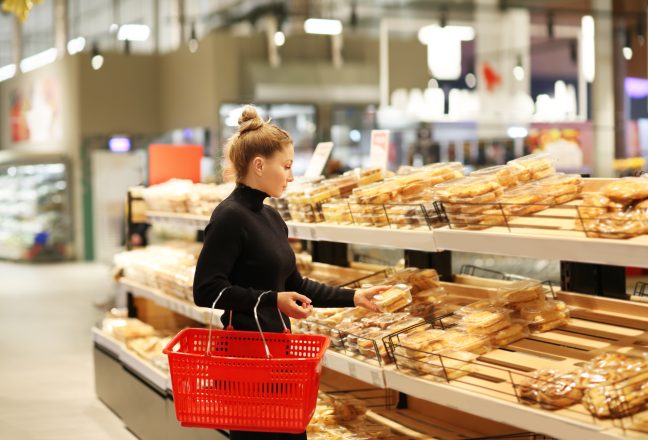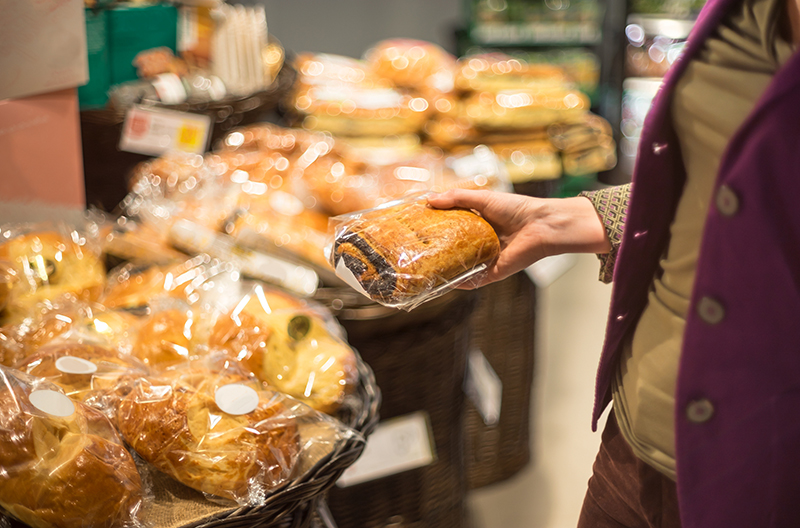The U.S. bakery products market is expected to reach a value of $86.93 billion by 2029, from $78.96 billion in 2023, growing at a CAGR of 1.62 percent from 2023-29, according to a new “U.S. Bakery Product Market – Focused Insights 2024-2029” report from ResearchAndMarkets.com.
The report consists of exclusive data on 28 vendors. The market’s competitive scenario is intensifying, with global and domestic players offering diverse services. They strive to gain a larger market share by introducing new and innovative products and services.
A few major players dominate in terms of market share, including Group Bimbo, Flowers Foods, Mondelez International, Hostess Brands, McKee Foods, Kellanova, General Mills, Conagra, Campbell’s, Boudin Bakery, Cole’s and Associated British Foods.

Growing focus on health, wellness
This trend reflects the growing consumer demand for healthier bakery options, driven by increased awareness of nutrition and wellness. As people become more health-conscious, they seek bakery products that cater to specific dietary needs, including gluten-free, low-calorie, sugar-free and fortified options that provide additional nutrients. This demand is not only about reducing harmful ingredients but also about adding beneficial ones.
For example, Udi’s offers a range of gluten-free bakery products that cater to people with gluten intolerance or celiac disease. At the same time, Simple Mills provides low-calorie, clean-label baked goods made from whole food ingredients, ensuring minimal processing and no artificial additives. This shift toward health-focused products pushes bakeries to innovate and create items that taste good and contribute to a healthier lifestyle.
In addition, the market for fortified bakery products, such as those enriched with vitamins, minerals and fibers, is expanding as consumers look for ways to integrate more nutrients into their diets without compromising taste or convenience.
Rising tech-infused bakeries
Bakeries are adopting advanced technologies to enhance efficiency and precision in their operations. This revolution includes implementing automated baking processes, smart ovens and digital inventory management systems. These innovations help bakeries improve consistency in product quality, ensure precision in baking and reduce operational costs by minimizing human error and waste.
For instance, companies such as BakeSmart and Unifiller Systems offer solutions that streamline bakery operations through automation and smart technology integration. BakeSmart provides software that helps with order management, production planning and inventory tracking.
Unifiller Systems offers automated depositors and portioning equipment that ensure uniformity and precision in product output. Such technologies allow bakeries to scale their operations while maintaining high production standards. Furthermore, using the Internet of Things (IoT) in smart ovens and mixers enables real-time monitoring and control of baking processes.
[RELATED: In-Store Bakeries Offer More Than Just Flavor For Consumers]
Rising shift toward sustainability
Sustainability has become a concern for consumers and businesses, prompting bakeries to adopt environmentally friendly practices. This shift involves a comprehensive approach, from sourcing local ingredients to reducing carbon footprints, using sustainable packaging and implementing waste minimization strategies.
Brands such as Panera Bread and The Bread Lab are leading examples of this trend. Panera emphasizes sustainable sourcing by prioritizing ingredients from local farms and suppliers that follow ethical and environmentally friendly practices. It also focuses on reducing food waste through efficient inventory management and donation programs.
The Bread Lab, a research center, works on developing sustainable grain varieties and baking techniques that promote biodiversity and environmental health. These efforts help the environment and appeal to eco-conscious consumers who prefer supporting businesses that align with their values.
In addition, many bakeries are moving toward using biodegradable or recyclable packaging materials, minimizing their environmental impact.
Shelf life management
Managing the short shelf life of most baked goods is a challenge for the industry. Freshness is a key selling point, and maintaining it requires effective inventory control, precise production scheduling and efficient distribution. Perishable products can quickly lead to waste and result in a loss of revenue if not managed properly.
To combat this, bakeries such as Bimbo Bakeries USA employ advanced inventory tracking systems and just-in-time production methods to minimize spoilage and ensure products are delivered fresh.
Additionally, innovations in packaging technology, such as modified atmosphere packaging (MAP) and vacuum sealing, are being used to extend the shelf life of baked goods without compromising quality. Bakeries also explore natural preservatives and enzymes that can help extend freshness while maintaining a clean label. Furthermore, real-time data analytics and predictive modeling are used to forecast demand better and optimize production schedules, thereby reducing overproduction and waste.

